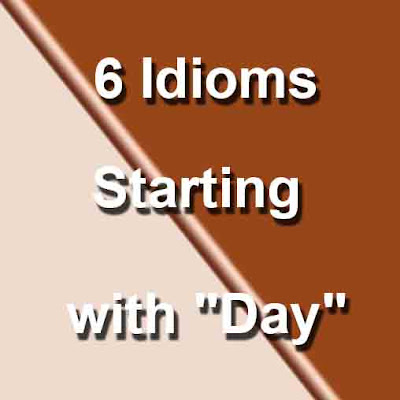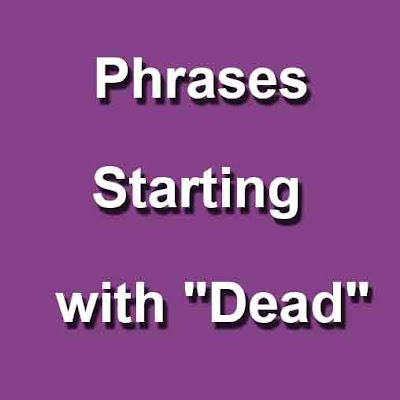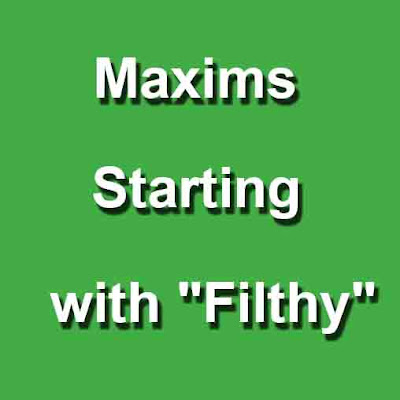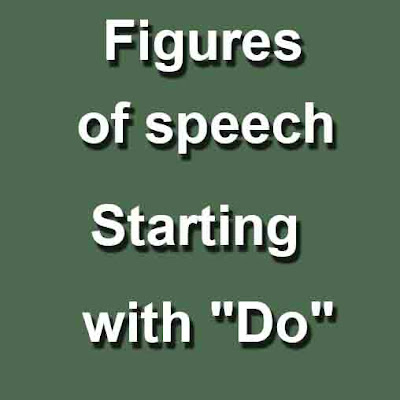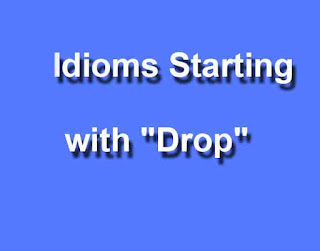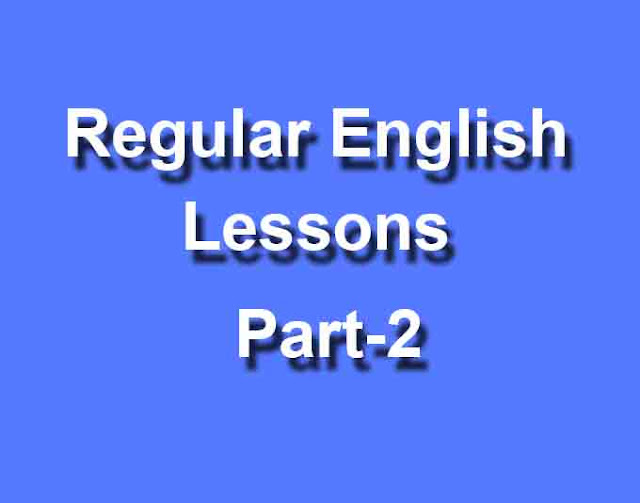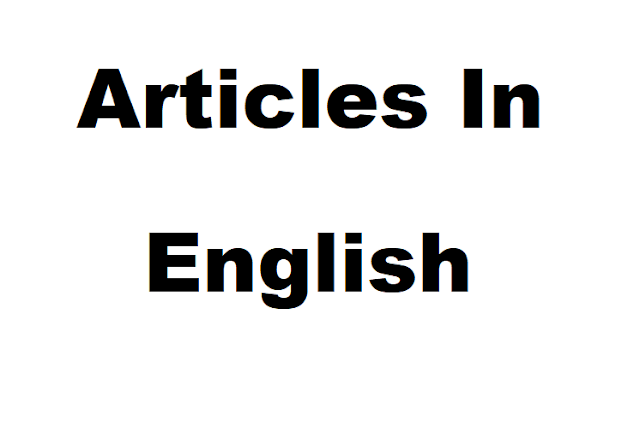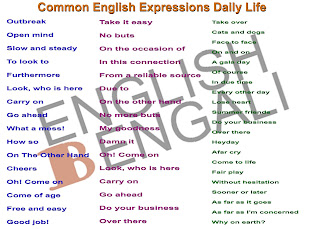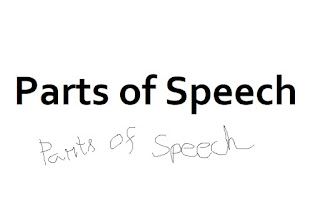
1-He Reads quickly. Reads
2- He is very weak. Weak
3- He Reads Very quickly. quickly
4- He is dead against violence. Against
Adverb গুলি মোটামুটি ৮ (8) প্রকার, যেমন -
1- Adverb of Time.
2- Adverb of Place.
3- Adverb of Manner. ( Quality or state)
4- Adverb of Degree. ( Quantity or Extent)
5- Adverb of Frequency.
6- Interrogative Adverb.
7- Adverb of Affirmation or Negation.
8- Relative Adverb.
1- Adverb of Time
1- He went to Burdwan Yesterday.
2- He will come today / tomorrow.
3- They play in the morning.
4- I am busy now.
Yesterday, today, tomorrow, in the morning, now এই গুলো নির্দেশ করেছ -------- এ গুলো Adverb of time,
2- Adverb of Place
1- Come here.
2- He went there.
3- Don't go up.
4- They play in the field.
3- Adverb of Manner (Quality or State)
1- He is talking loudly.
2- He played exceptionally.
3- He is lying I'll.
A- He is reading silently.
B- Fought bravely.
C- He can speak Hindi fluently.
Adjective ---------------------------------- Adverb
Angry ---------------------------------------- Angrily
Happy ---------------------------------------- Happily
Fortunate ----------------------------------- Fortunately
Slow -------------------------------------------- Slowly
Terrible ---------------------------------------- Terribly
4- Adverb of Degree ( Quantity of Extent)
1- I am very happy.
2- He is quite sure of it.
3- Don't do anything partly.
5- Adverb of Frequency
1- He comes to my house twice everyday.
2- He seldom goes to kolkata.
3- The girl often falls ill.
4- I never tell a lie.
6- Interrogative Adverb.
1- When did he come?
2- How long will he stay here?
3- Where do you live?
4- Whence has he come?
5- How often do you brush your teeth?
6- How is he now?
7- How did you do it?
8- How far was the report true?
9- How much tired is he?
10- Why did he do the?
7- Adverb of Affirmation or Negation
1- He did not come here.
Did you see the tiger?
Yes, I saw it.
No, I did not see it.
8- Relative Adverb
1- This is where we met.
2- This is the place where we met.
3- I know when he will come.
4- I know the time when he will come.
5- We know why he did it.
6- We know the reason why he did it.
7- This is how he did it.




